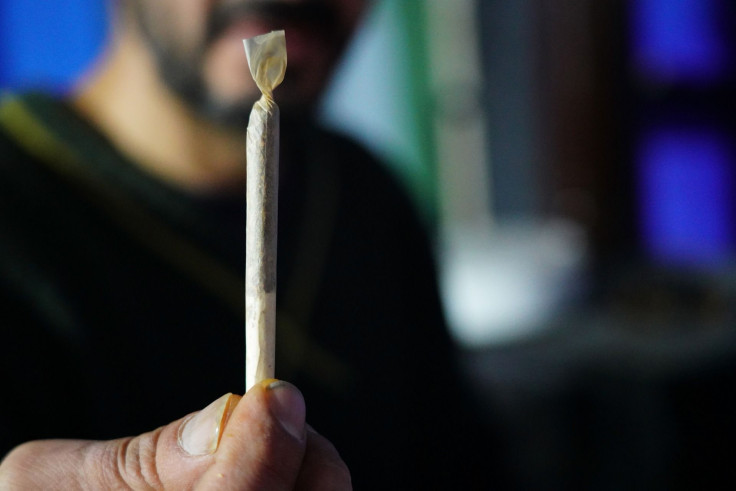Use Of High Potency Cannabis Linked To Addiction, Psychosis: Study
KEY POINTS
- Researchers looked at 20 studies involving about 120,000 people
- Higher potency cannabis was linked to higher risks of certain mental health issues
- They recommend opting for low-potency cannabis products
People who use high-potency cannabis have a higher risk for psychosis and addiction, a new study has found.
Cannabis potency is the concentration of tetrahydrocannabinol (THC) in a cannabis product, noted the researchers in their study, published Monday in The Lancet Psychiatry. THC is the substance that produces that "high" when smoking marijuana.
Researchers in a 2020 study had already found that concentrations of THC in international cannabis have increased from 1970 to 2017.
In the new study, researchers reviewed 20 studies that involved about 120,000 people, the University of Bath noted in a news release. Overall, they found that using higher potency cannabis was associated with a higher risk of psychosis and cannabis use disorder (CUD), otherwise known as marijuana addiction.
As for depression and anxiety, however, the evidence "varied."
"Our systematic review found that people who use higher-potency cannabis could be at increased risk of addiction as well as psychosis when compared to people who use cannabis products with lower potencies," study lead author, Kat Petrilli of the University of Bath, said in the news release.
"One of the highest quality studies included in our publication found that use of high potency cannabis, compared to low potency cannabis, was linked to a four-fold increased risk of addiction," study co-author, Tom Freeman of the University of Bath, told CNN.
According to the university, this could shed light on why more and more people have recently been getting treatment for their cannabis use, citing data showing a 75% increase in the number of people being treated for cannabis addiction.
In the U.S., about three in 10 people who use marijuana have CUD, according to data from the U.S. Centers for Disease Control and Prevention (CDC).
The risk, the agency noted, is even greater for those who started using it before 18 years old. A United Nations report also found that the number of people seeking treatment for it has increased "in all world regions apart from Africa," Freeman told CNN.
With cannabis being among the most widely used drug along with alcohol and nicotine, the results of the study show the importance of making efforts for "harm reduction" when it comes to cannabis use, especially in places where it has already been legalized for recreational use.
"While the safest level of use for cannabis is of course 'no use,' it is important to acknowledge that a significant number of people across the world use cannabis regularly, and to ensure they can make informed decisions that could reduce any possible harms associated with it," said Petrilli, as per the news release.
"Our findings suggest that people who use cannabis could reduce their risk of harm by using lower-potency products," Freeman added. "In places where cannabis is legally sold, providing consumers with accurate information on product content and access to lower-potency products could help people to use cannabis more safely."

© Copyright IBTimes 2025. All rights reserved.






















